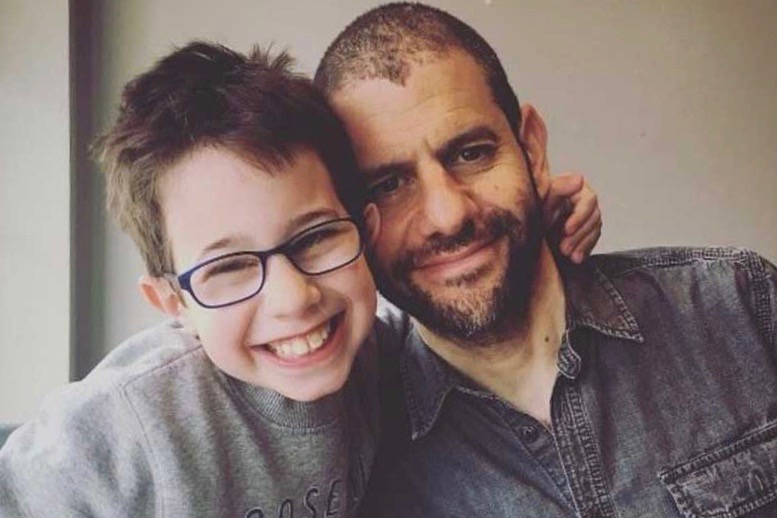Information on relationship and sex education for parents of children with special educational needs & disabilities
Frequently asked questions
If your child has autism, aspergers or other autism spectrum disorder please also see the FAQs for parents of autism spectrum children.
Why are you teaching my child relationship and sex education? They don’t need to know about sex!
- Whilst you might believe your child is already very protected from the threat of abuse because they require a high level of care this actually puts them more at risk. Perpetrators are known to target those that are most vulnerable and unfortunately this often means that children, young people and adults with special educational needs or disabilities are preyed upon. Three of the many reasons for this include;
- They are more dependent on others to meet personal and intimate care needs.
- Not even being aware that what is happening to them is wrong.
- Communication difficulties that prevent the child from expressing concerns about what is happening to them.
- A report in 2015 by the BBC’s Victoria Derbyshire programme showed that over two years 4,748 reports of sexual abuse against adults with disabilities were reported to 106 of 152 councils in England. The data, secured through a freedom of information request showed that 63% of the 4,748 reported cases were against those with learning disabilities and 37% psychical disabilities.
- The NSPCC states that 90% of abuse victims know their abuser with many being within the family or a care provider. At BigTalk Education our Growing Up Safe Programme is designed to give children a clear framework of what is right and wrong with the language to tell someone if something happens to them.
I am worried my child will not be able to engage in your lessons, what should I do?
- Participation such as; giving thumbs up or down, completing the physical actions to denote the private areas of the body, or verbal, or written communication are not obligatory for all children in our lessons or workshops.
- If your child attends a Special School a full consultation takes place with school prior to our sessions to ensure we tailor them to the pupils needs.
- For SEND pupils in mainstream schools our team are guided by the schools SEND Coordinator, or class teacher. We liaise closely with School SEND Coordinators, plus our team are briefed by class teachers on any specific needs from pupils in our lessons. This may include adapting our provision for children with special communication requirements, learning difficulties, physical disabilities or any other issues.
- If you have specific concerns over your child’s ability or willingness to participate, please speak with us at the parents meeting (for primary) or speak with school (for primary or senior) and our team can ensure that your child’s requirements are understood prior to the delivery of their sessions.
What will you teach my child about their body and will they understand?
- It is important to clarify that the Growing Up Safe programme goes beyond the NSPCC’s pants rule, as abusers may not only target children in this area. This is why it is particularly important to teach children with learning difficulties that other areas are also private. To do this we classify the four private areas of the body which we use to teach about good and bad touches, these include the chest and mouth area, in addition to the genital area and the bottom.
My child is displaying sexually inappropriate behaviours such as touching themselves/others, or using inappropriate language, can you help?
How many staff will there be per child?
- In a mainstream primary school our staff always deliver in pairs, to groups up to a maximum of 30. As our approach to Primary encapsulates the whole school teaching and support staff usually stay with the class during our lessons.
- Our team includes specialists who have specific backgrounds working with SEND pupils and vulnerable young people.
- We can deliver one to one and small group sessions with SEND individual’s either in proactive or reactive referrals.
- In special needs schools group size is always established in collaboration with the school based on pupil’s abilities and school requirements.
Do you use special resources for special educational needs and disabled children?
- All of our resources include imagery of children with (and without) disabilities to ensure we represent all young people in our materials.
- We also have specific SEND resources that are used in special schools to ensure that children with additional needs are able to participate, communicate and take in as much of our lesson as their ability allows. These means we can go at a depth and pace relative to the children and young people’s abilities.
Request information on BigTalk Education's services for your school
Introduction to age appropriate RSE
Our guide to high quality, age appropriate Relationship & Sex Education for your child, helping you know what to expect from us.
BigTalk Education's Growing Up Safe Programme
Children want their parents to be the first people to talk to them about growing up, sex and relationships. Yet many parents say they lack confidence to answer their children's questions frankly, Schools are there to help, and BigTalk Education are here to support Schools and Teachers. Members of the BigTalk Team can come into School for a part or whole day, ensuring your children (and you as parents) are well educated to keep them safe, healthy and happy! Find out more >
BigTalk Education's RSE Lessons for Life
Our Programme in Secondary Schools uses a Youth Work approach to RSE delivery, participation, empowerment and inclusion are fundamental to its success. Our Team fosters a non-judgmental, relaxed, receptive atmosphere, which doesn’t shy away from sensitive issues.
Bodies, Babies & Bellybuttons
This book is a gentle introduction for children about their bodies and where they come from. A must have for all parents to help answer your children's questions in a simple, understandable and age appropriate way.








